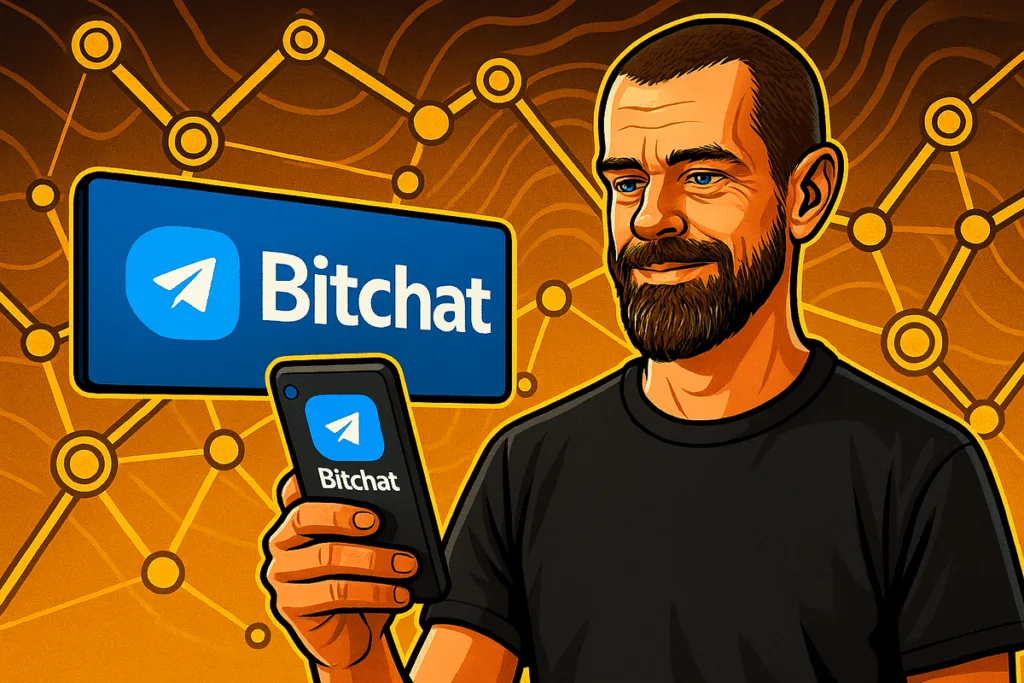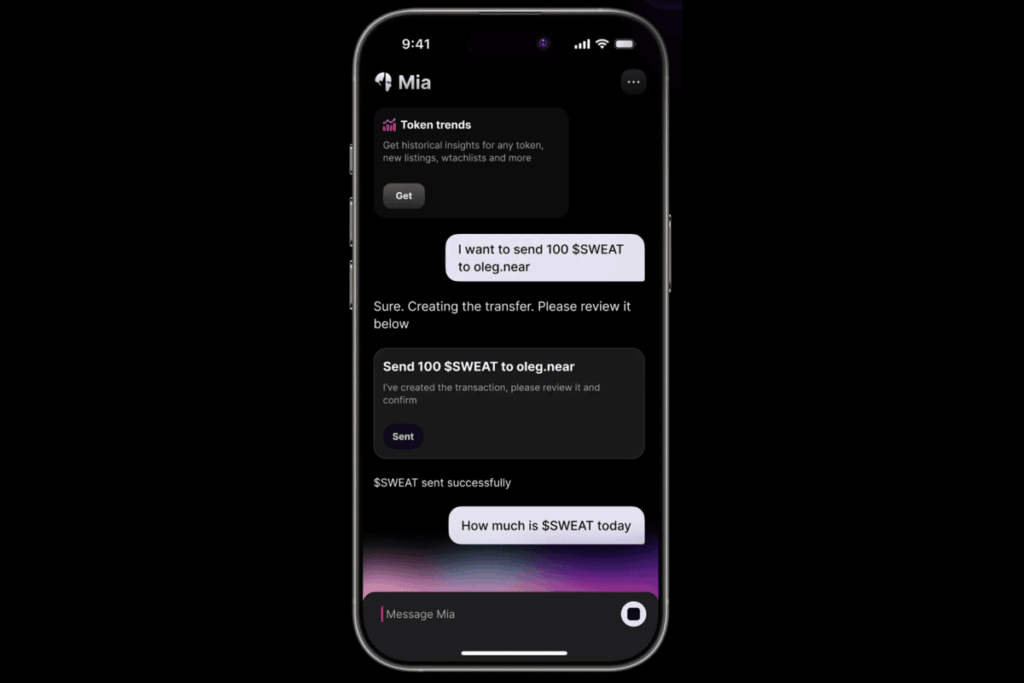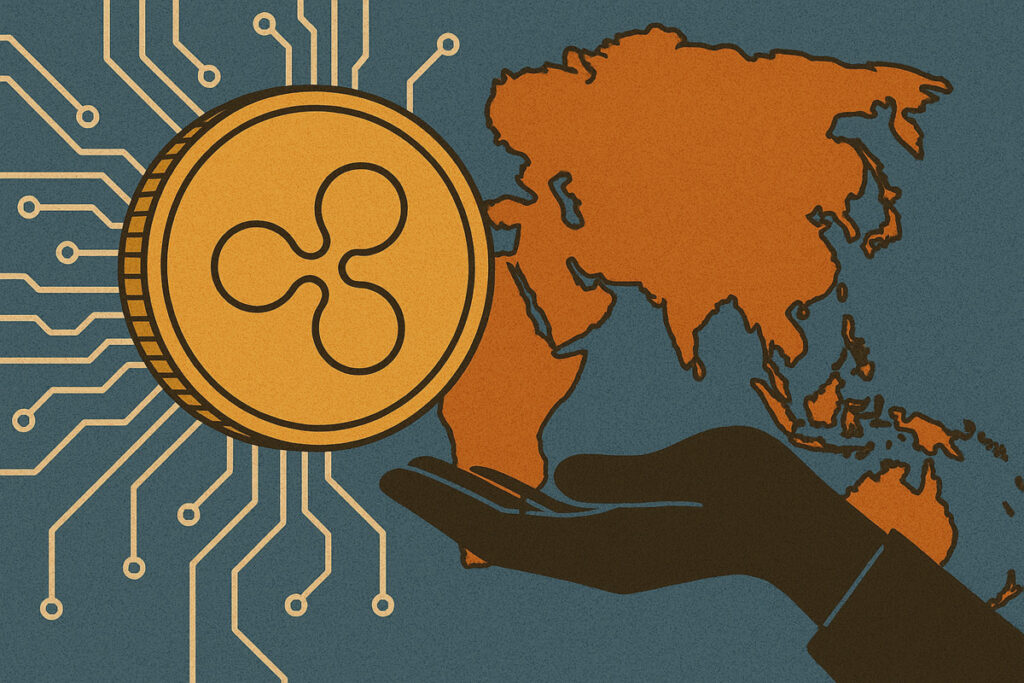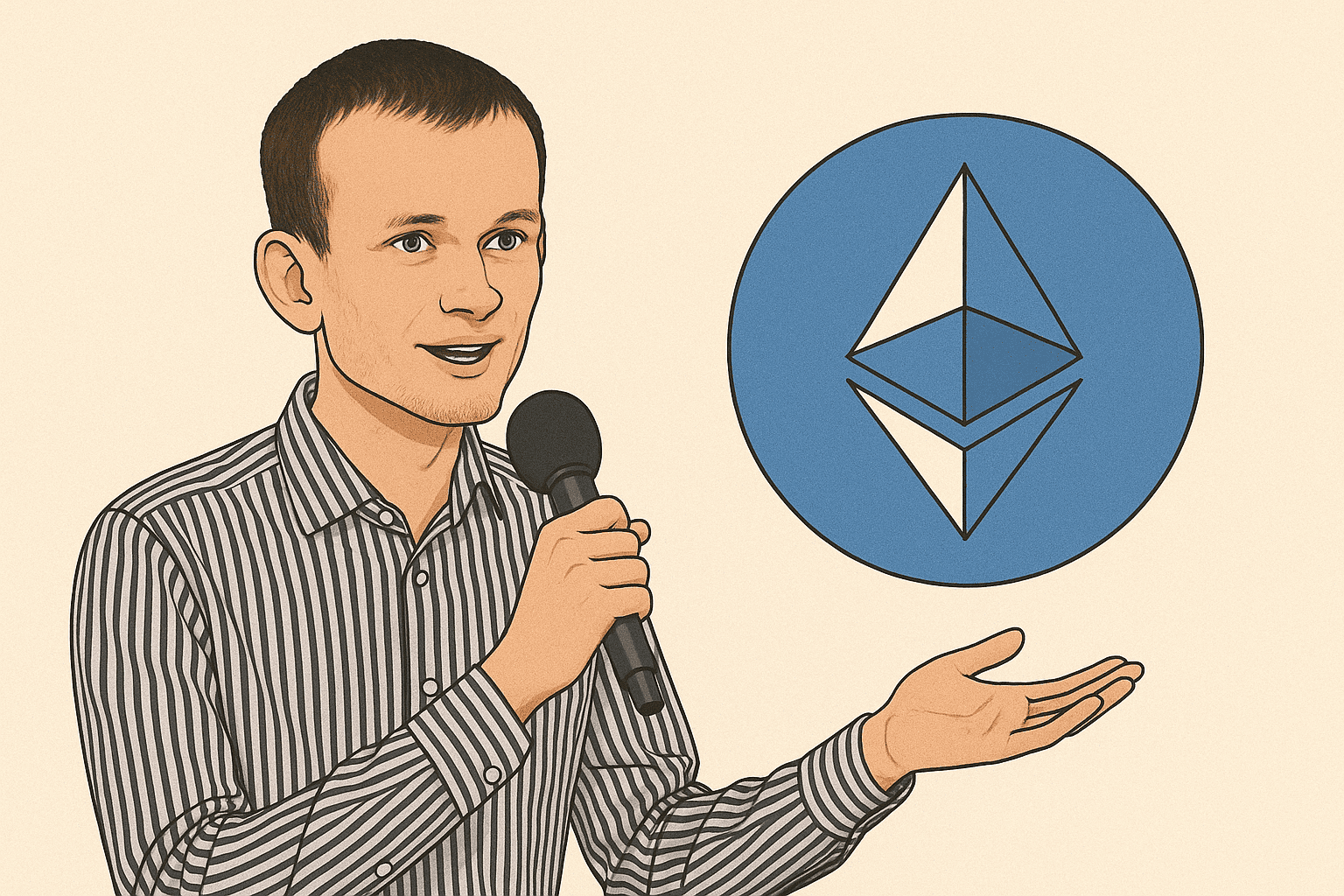- Block CEO Jack Dorsey unveils Bitchat, a decentralized chat app running on Bluetooth mesh networks
- The system enables encrypted, internet-free communication with no servers, logins, or user data collection
- Ideal for offline messaging in protests, disasters, or censored environments
Jack Dorsey, CEO of Block and co-founder of Twitter, has introduced Bitchat, a decentralized messaging platform that operates without the internet, relying instead on Bluetooth Low Energy (BLE) mesh networks. A white paper and public beta were released on Sunday, outlining the technology behind the project.
Describing the system as having “IRC vibes,” Dorsey revealed he spent the weekend studying Bluetooth mesh, encryption models, relays, and store-and-forward communication while developing the prototype. The goal is to offer a fully offline, encrypted messaging experience that circumvents traditional internet infrastructure.
How Bitchat works: Decentralization and ephemeral privacy
According to the white paper, Bitchat is designed to function without servers, accounts, phone numbers, or emails. It allows ephemeral communication, meaning messages are not stored persistently and exist only in device memory by default.
Newsletter
Get weekly updates on the newest crypto stories, case studies and tips right in your mailbox.
The system offers end-to-end encryption and supports room-based chats using hashtag identifiers, with optional password protection. Through BLE mesh networking, each device acts as both a sender and relay, creating a self-organizing message network where communications can hop between devices to reach recipients.
The relay range spans approximately 30 meters, with larger distances covered via bridge nodes that link clusters. Bitchat also supports a store-and-forward model, temporarily caching messages for offline peers.
Encryption is context-specific differentiating between private messages, chat rooms, and broadcasts and messages exceeding 500 bytes are fragmented for efficient transmission.

Bitchat architecture overview. Source: Github
Offline messaging with real-world utility
Dorsey envisions Bitchat as useful in scenarios where internet access is unavailable, unreliable, or untrusted, such as during conferences, protests, and natural disasters. Future updates aim to expand support to WiFi mesh, increasing bandwidth for more robust message handling.
This approach contrasts with mainstream platforms like WhatsApp or Messenger, which are centralized services run by data-harvesting tech giants. By removing centralized servers and identifying information, Bitchat emphasizes privacy, autonomy, and resilience.
Dorsey’s decentralized vision continues
Dorsey is no stranger to decentralized communication efforts. He previously launched Bluesky, a decentralized social networking protocol, while serving as Twitter CEO. However, he resigned from Bluesky’s board in May 2024, without public explanation.
Bitchat proves that private, secure messaging doesn’t require centralized infrastructure. With BLE mesh networking and privacy-preserving design, communication can thrive even without the internet.










